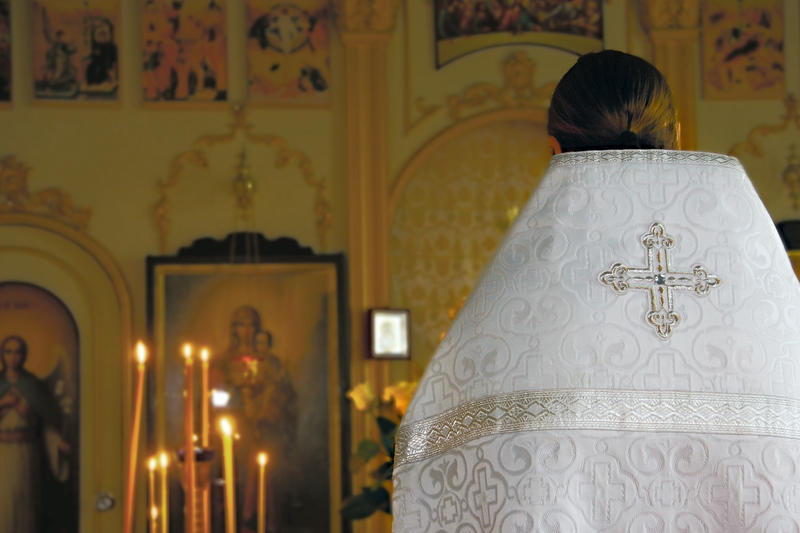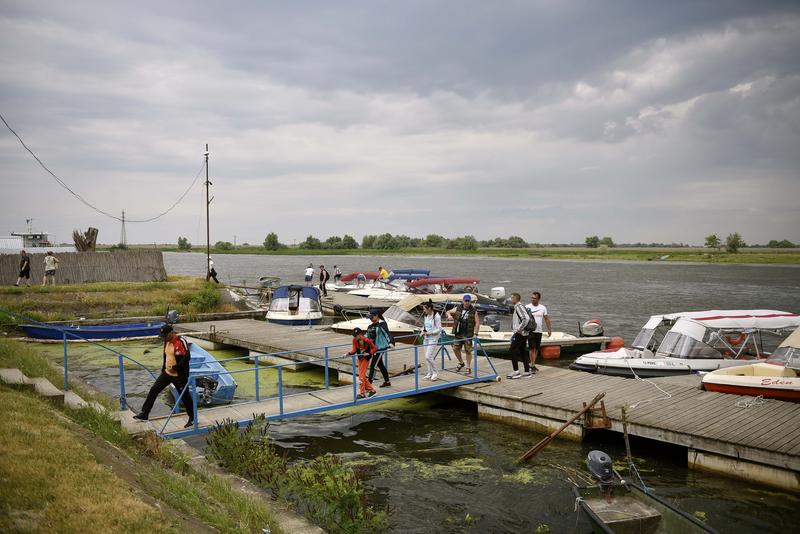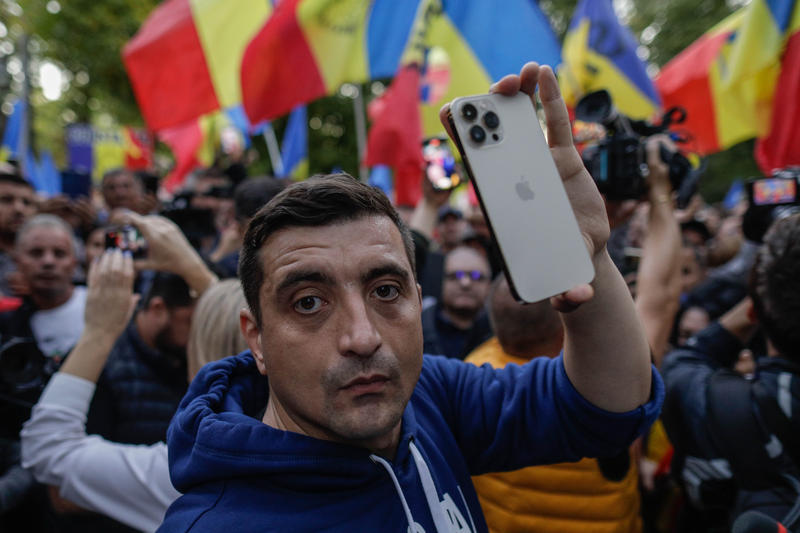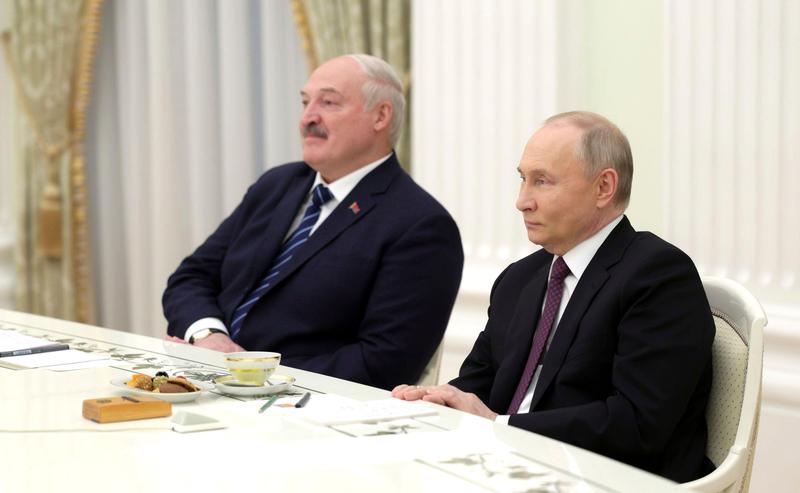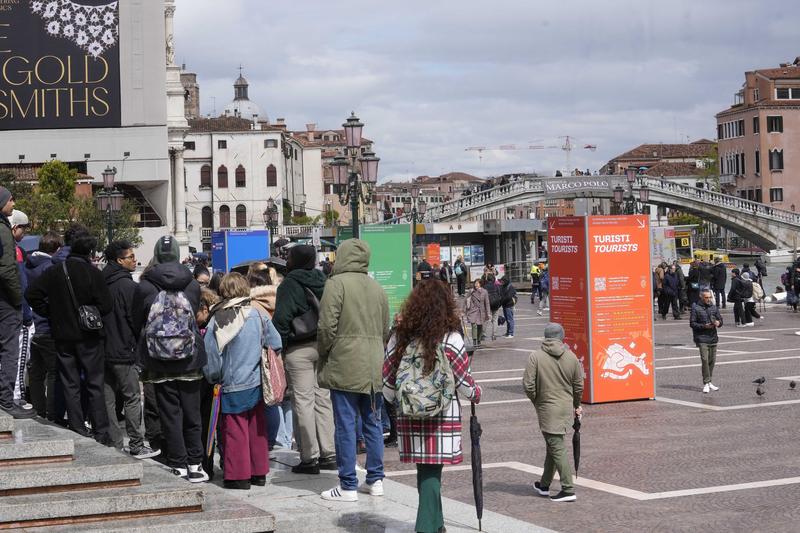Most newspapers on Monday turn their guns on the leader of a small but influential party who admitted he collaborated with the former Communist secret police – but that all state-employed Romanians did so at the time.
Preparations for a key speech to be held by President Traian Basescu on the issue of EU accession today are also capturing the headlines, as are some ways to get and spend European funds. And Romania’s plans for a francophony summit later this year are threatened by a diplomatic scandal involving France and Lebanon.
Dan Voiculescu, leader of the Conservative Party – PC, a junior member of the Governing coalition, admitted last weekend that he collaborated with the Securitate, ex-dictator Nicolae Ceausescu’s secret police.
But he said he did not undermine people with the information he delivered to the Securitate as he was an informer just as any state-employed worker – some 8 million people at the time.
Evenimentul Zilei publishes a comprehensive interview with Voiculescu himself today. He suggests he was proud to prevent losses to the state budget by informing the Securitate on abusive orders at a state company and that he informed the secret police on the good behaviour of foreign students in a campus while in school.
In the interview, he accuses the body studying the Securitate archives, CNSAS, which analyzed his archived files last week, of being and acting as the new Securitate. And he says he would like to stay in the government – which his party joined as a compromise in the name of political stability in the country.
In the same case, Cotidianul contradicts Voiculescu’s statement that all state-employed workers collaborated with the Securitate by publishing the portrait of a Communist worker who became the victim of Securitate after protesting against party and secret police practices.
And Gandul sees a weird situation: Dan Voiculescu is represented legally by deputy-lawyer Sergiu Andon, who announced last week he would sue CNSAS over its “leaked information” in Voiculescu’s case.
The paradox is that CNSAS is sued by a man belonging to a political structure – the Parliament – which CNSAS answers to, which may raise moral incompatibility issues.
Elsewhere in the newspapers, Cotidianul reports that President Basescu previewed a key speech on EU accession he is due to hold before the Parliament today with another, at a Bucharest book fair in Bucharest.
According to the newspaper, Basescu will be harsh with several members of the Government for being late in applying solutions to the areas of activity where reform is still lacking, as mentioned in the latest European Commission report.
Cotidianul also reports on the financial benefits of those who opted to invest in Romanian agriculture and the media before the EU accession, while people and companies who offer services for foreigners will also be at an advantage in the moment of accession.
The newspaper notes how people with major agricultural fields, who own over 20,000 hectares, will earn millions as the EU will pay farmers some 50 euro per hectare yearly.
And Evenimentul Zilei reports that over 90% of the EU-backed ISPA funds were won by European companies because domestic companies in Romania fail to meet the necessary terms to take part successfully in biddings for various projects.
Only 3 of the 39 ISPA projects monitored byu the Finance Ministry at end of March this year were contracted by Romanian companies, the newspaper writes.
Meanwhile, Gandul reports that an invitation President Traian Basescu sent to Lebanese leaders to attend the francophony summit due to be hosted by Bucharest in autumn sparked a diplomatic conflict between Lebanon, France and Romania.
The newspaper quotes a report by Lebanese news agency Naharnet, according to which the invitation Basescu sait to Muslim PM Fuad Siniora has sparked tensions between the local Maronite Church and France and was seen as an attempt to undermine the authority of the Christian community in the Mediterrannean country.

